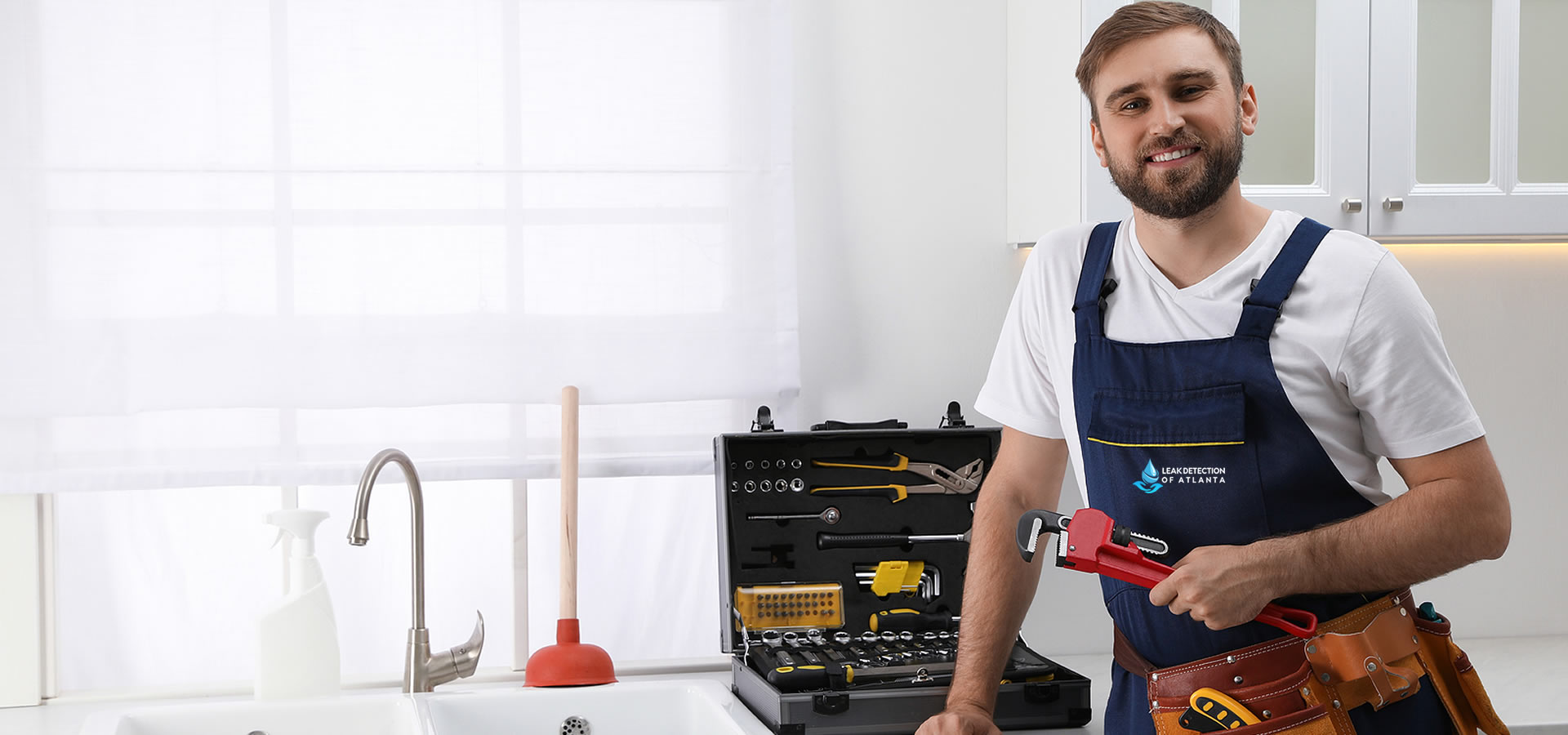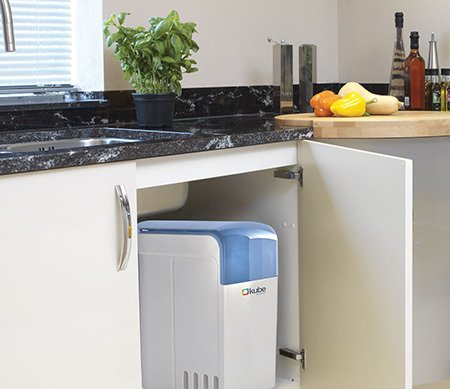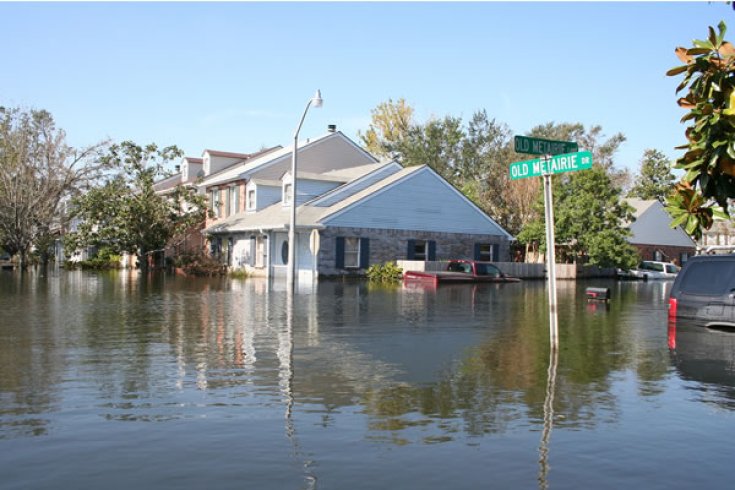How Today's Water Softeners Work
As a homeowner in Atlanta, you are probably well aware of the necessity for leak detection and emergency plumbing services. In this article, we'll take an in-depth look at how they function, what components make up one, and how to replace minerals within your system - plus, we'll explain why Leak Detection of Atlanta should be your go-to plumbing service when it comes to all things related to water softeners.
Not Your Standard Water Filter
Many people need clarification on water softeners with standard water filters. A water filter removes impurities like chlorine and sediment from your drinking water, while a softener removes minerals that cause hard water.
Hard water refers to water that contains high levels of minerals - often calcium and magnesium. These minerals can lead to clogged pipes, reduced pressure in your home's plumbing system, and appliance damage. With a water softener, you can eliminate these minerals and enjoy softer, better-tasting water without the hassle.
How Today's Water Softeners Work
The most common type of water softener is an ion exchange system. This process uses resin beads to remove minerals from your supply. As water passes through the resin beads, calcium and magnesium ions are exchanged for sodium ions - effectively "softening" the water. Maintaining your water softener's performance requires regular maintenance. This includes inspecting the resin beads for signs of wear and replacing the salt used to recharge them.
What Are the Components of a Water Softener?
A water softener consists of several key elements, including a resin tank, brine tank, and control valve. In the resin tank, ion exchange occurs; resin beads are contained there, and water passes through them to remove minerals. Meanwhile, in the brine tank, salt is stored and used to regenerate depleted resin beads.
The control valve is the brain of a water softener. It regulates water flow into and out of the resin tank, as well as saltwater into the brine tank. Furthermore, this valve features an internal timer that determines when resin beads should be regenerated.
How To Replace Minerals
Over time, the resin beads in your water softener will become depleted and need replenishing with salt. To do this, add salt to the brine tank; this will dissolve in the water and create a brine solution that regenerates the resin beads. The amount of salt needed depends on the size of your water softener and how hard the supply is.
Leak Detection of Atlanta
At Leak Detection of Atlanta, we are proud to provide a range of plumbing services for homeowners throughout Atlanta. Whether you require emergency plumbing work, leak detection, or water softener installation and upkeep, our expertise and experience will get the job done correctly.
Are you thinking about installing or maintaining a water softener for your home? Our team of experts can evaluate your home's water supply and suggest the ideal system to suit your requirements. Furthermore, we will install and monitor your system to guarantee optimal performance. We also offer emergency plumber services as needed.











